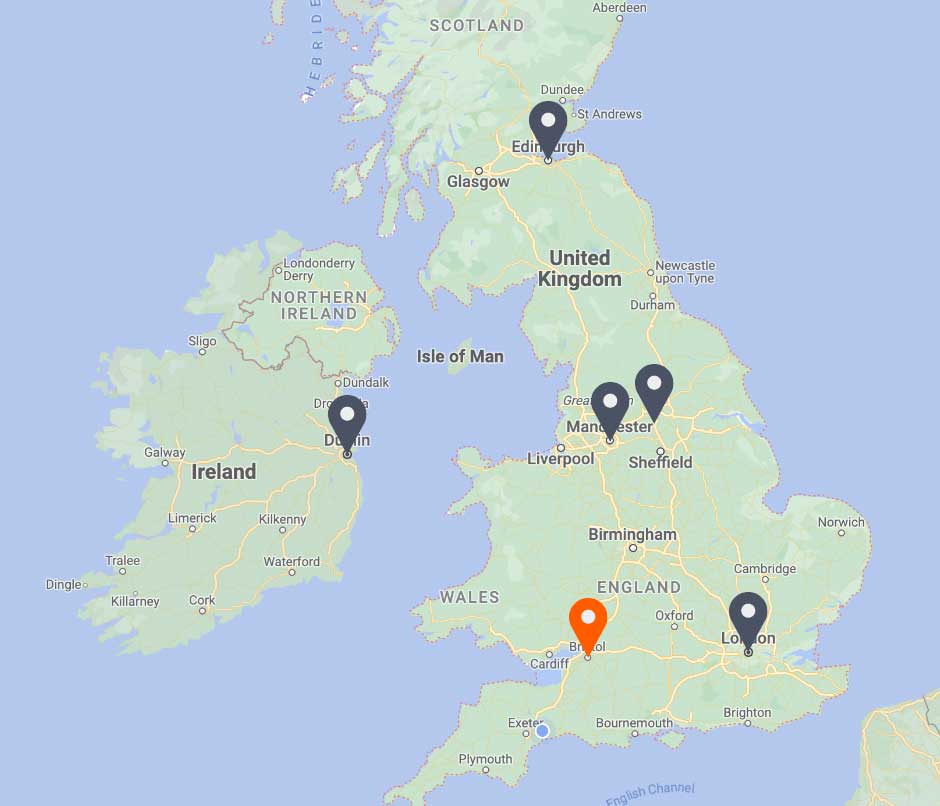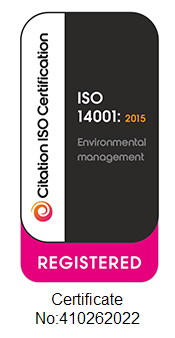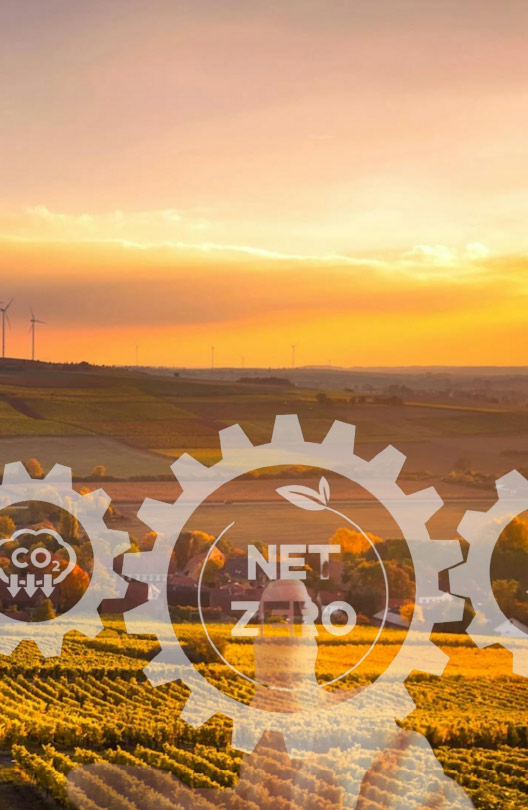THIS ARTICLE AT A GLANCE
CONTACT ETS
If you have any questions or would like to discuss further what you should be doing, ETS is here and willing to help.
Call 0117 205 0542
Email enquiries@energy-ts.com
Submit a contact form
CHECK OUR SERVICES
Streamlined Energy & Carbon Reporting (SECR) – Updates

Streamlined Energy and Carbon reporting was introduced as part of the Companies (Directors’ Report) and Limited Liability Partnerships (Energy and Carbon Report) Regulations 2018 to encourage organizations to report on a range of environmental matters including their energy and GHG emissions and the use of key Performance Indicators (KPIs). The report is expected to give organizations a competitive advantage in the marketplace.
If you are a UK registered quoted company, a large unquoted company, or a large Limited Liability Partnership (LLP), then you are required to include your energy and carbon information in your directors’ report. The guidance for streamlined energy and carbon reporting was published in March 2019 and took effect on 1 April 2019.
MANDATORY CLIMATE-RELATED FINANCIAL DISCLOSURE
The Climate-related Financial Disclosure became a mandatory requirement for companies required to present a strategic report for the financial year starting on or after 6th April 2022.
All UK companies (quoted companies, large unquoted companies, or large LLP) that are currently required to produce a non-financial information statement will need to disclose how climate-related risks are identified, accessed, and managed. The actual and potential impacts of these risks are to be analyzed, and KPIs should also be used to set targets and gauge performance. This will form part of your organization’s Non-Financial and Sustainability Information Statement in your 2023 energy and carbon report.
According to the department for business, energy, and industrial strategy, it comprises of identifying the physical and transition risks of climate change on investment and business decisions. Climate change has resulted in higher average temperatures which pose physical risks such as the increased frequency and severity of extreme weather events which could affect the organization’s operations. To address climate change, the government has introduced certain regulations and strategies, for example the net-zero strategy, which will drive a change in technology, markets, policies and customer sentiment. The risks associated with this transition will need to be addressed.
It is intended that this disclosure will help companies identify the impacts, risks and opportunities associated with climate change and make relevant decisions on what can be done to address these for the organization, operations, and people. It will also better equip investors and provide greater information to other stakeholders.
How can ETS help?
The qualification criteria and requirements for SECR and the new mandatory climate-related financial disclosure are complex and can be challenging for organizations to ensure compliance. To discuss your requirements, get in touch. You can contact us by calling 0117 205 0542 or drop us an email at enquiries@energy-ts.com.
Related Article
8 Ways Businesses Can Reduce Energy Use in the Workplace This Winter
Discover how to comply with ESOS Phase 4 and unlock energy-saving opportunities for your business. This guide explains the requirements, highlights key deadlines, and provides actionable strategies. Learn how energy audits, tailored action plans, and expert support can reduce costs, improve efficiency, and align your organisation with sustainability goals.
ESOS Action Planning: Complying with Phase 4 and Implementing Energy Saving Strategies
Discover how to comply with ESOS Phase 4 and unlock energy-saving opportunities for your business. This guide explains the requirements, highlights key deadlines, and provides actionable strategies. Learn how energy audits, tailored action plans, and expert support can reduce costs, improve efficiency, and align your organisation with sustainability goals.
Important Update: What You Need to Know about ESOS Phase 3
Time is ticking for the ESOS Phase 3 deadline. The Environment Agency announced that the reporting system is available now. For organisations qualifying for ESOS Phase 3, the deadline for submitting a compliance notification is 5 June 2024, and organisations should still look to meet this compliance notification deadline where possible.









































































